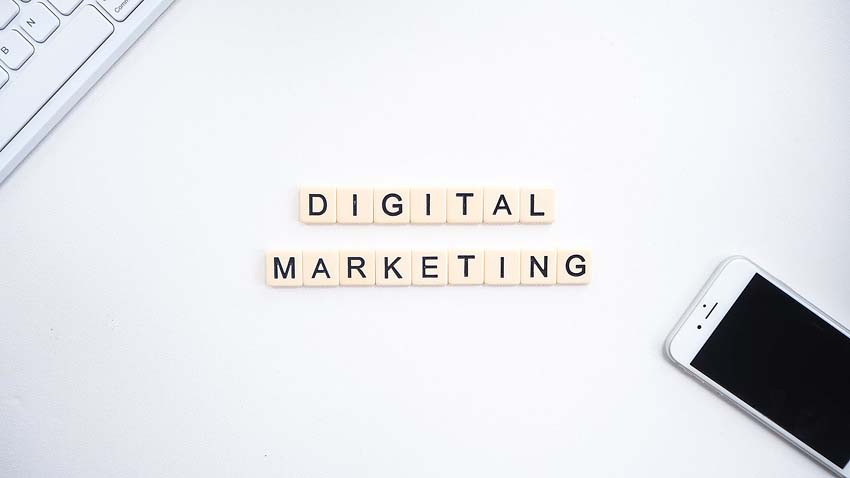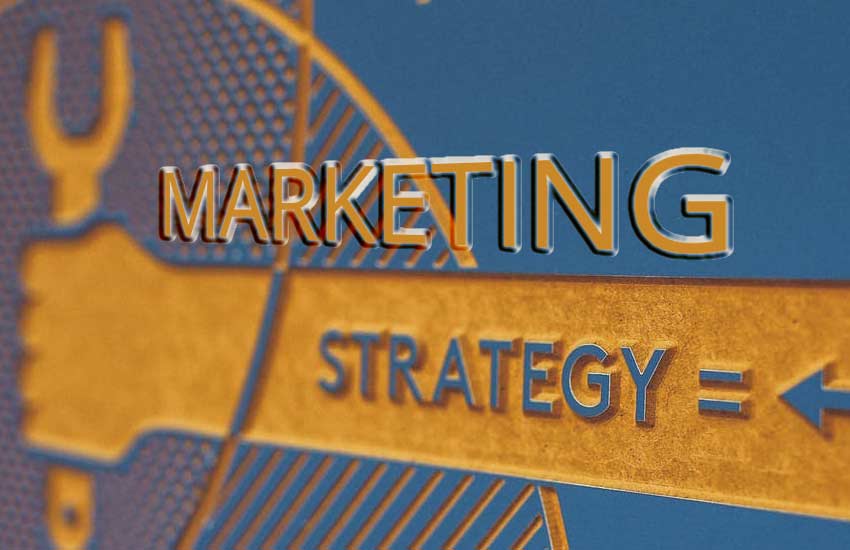In the fast-paced world of the internet, digital marketing is becoming essential for every brand. Abhishek Sareen, a marketing professional with over 16 years of experience, explains what it is and how to acquire skills in it.
The content consumption of consumers is changing rapidly. While in the last few decades, people consumed mass media like TV, radio and print (newspaper and magazines), these days, a lot of content they consume is online or digital.
Therefore, digital marketing, in today’s context, has become very important for marketers. The conventional mass media like TV, radio and print are no longer as dominant as they used to be.
What is Digital Marketing
Digital marketing is the process by which a company communicates about a brand or service on digital platforms like social media, online search, websites and apps.
What is a Digital Marketer’s Role
A digital marketer’s job is to increase the online visibility of a brand in a way that can enable sales. A company allocates a fixed budget for digital marketing every year. A digital marker’s responsibility is to identify the right channels that align well with the brand’s identity to distribute this budget into, which can ensure maximum return on investment.
They do this by:
- Identifying and understanding its brand’s potential customers.
- Understanding the online content viewing interests and habits of their TG (Target Group).
- Selecting channels like social media, podcasts, blogs, etc. to allocate their marketing budgets into.
- Generating their own content for social media platforms, app or company blog.
- Maintaining the identity of the brand online, and ensuring it is consistent with the brand identity already existing in traditional media, products, stores, etc.
- Collaborating with content creators and influencers to create a positive image of brand online.
- Hosting online events, contests, etc. to increase audience engagement, and promoting them on social channels.
- Planning an annual calendar of digital ads, events and content.
- Keyword mining (analyzing the keywords most frequently searched by their target audience) .and placing ads (through bidding and buying) accordingly on ad platforms like Google ads, Facebook ads, Amazon ads etc.
- Briefing creative artists to create online ads.
- Measuring the effectiveness of ad campaigns.
Why is Digital Marketing so Important
Increased Exposure for Large Companies
Consumer focused brands spend a lot of money to buy visibility on mass media platforms like radio, TV, print media, etc. Companies need to spend massive amount of money in order to gain visibility for their brands. Companies often employ media buying agencies to buy media for their advertising campaigns. Considering the high cost of mass media, the advertising budget runs into several crores and thus is limited to big companies only. Even for such large companies, nowadays it is not possible to reach everyone through traditional media ads and this is where digital marketing comes in.
Low-Cost Exposure for Small Companies
Smaller companies with lower budgets find it difficult to allocate such a high budget for these kinds of mass media ads, which could provide any substantial visibility. When planning for mass media, low spends often are not able to create any substantial impact on consumers’ minds. Thus companies with lower budgets usually avoid mass market media platforms like TV, print & radio.
Ability to Reach Certain Audiences
Media consumption habits are different for different consumer segments. For example, the urban middle class is consuming more content on the internet and mobile apps. Their exposure to mass media platforms like cable TV, radio and newspapers is steadily declining. For brands to tap such consumers, they need to spend on digital media ad platforms like Google Ads, Facebook ads, etc., which are visible across websites for search, social media, video apps, etc.
Ability to Analyze Audience Profiles Precisely
Traditional mass media does not have the capability to analyze or report the exact data about their audience, even though they can speculate a ballpark range. This changes in digital media. Through tools and technologies like Google Analytics, browser cookies tracking, social media profiling, etc., media companies can understand their audience better. They can report precise data including views, engagement, clicks, geolocation, conversions, age group, language and more on websites, social media, apps, podcasts, etc.
This data is extremely helpful for digital marketers looking to advertise on these channels, as they can ensure their target audience gets exposure to their product or service. This also helps them segment their TG by age groups, interests, location etc. to place highly targeted ads and get better ROI (return on investment) for the ad spends.
Increase in Engagement & ROI
Marketers usually say that in mass media advertising spends are effective, but the effectiveness is usually speculative and subjective. A common industry joke among marketing mangers is that when a mass media advertising campaign is effective, only half of the media spends were effective. But which half was effective is never known. In digital marketing, advertising spends can be based on performance and effectiveness. A digital marketer has the capability to restrict advertising to a specific audience segment based on various criteria like age group, interests, geography, etc. and get billed only when a potential consumer views or engages with their online advertisement.
How to Get Skills in Digital Marketing
Now that we’ve established how important digital marketing is in today’s world, the next step is to understand how one can become a digital marketer. Both in institutes and on websites, there are countless courses available these days on digital marketing. These courses claim to teach you everything there is to know on the topic, claiming to make anyone an expert. However, one does not become a good digital marketer overnight or by taking up some course. You need to be a part of the creative process of creating and distribution of ads and understand the fine nuances of creating an effective online advertising campaign.
To acquire digital marketing skills, marketers need to:
- Get hands on with available online ad publishing tools like Google Ads, Facebook ads, etc. Work on a dummy ad campaign to understand how various online ad buying platforms segment their viewers, and their ad buying and bidding algorithms.
- Start using technologies like Google Analytics and social media analytics day in and day out. This will help you understand the effectiveness of your own digital content, and analyze the engagement of your ad campaigns.
- Work on the creation of advertising campaigns that truly engage with potential customers and translate into the final objective defined by a brand, which could increase visibility or sales.
- Become familiar with platforms and tools like SEMrush, Similar Web, Alexa and Moz ranking, etc. This will help you accurately measure the popularity of websites, blogs, etc. that you may want to place ads on.
- Taking up a course on digital marketing may be a good start. But getting hands on with online ad buying platforms is the most effective way. Starting by going through their tutorial documents and videos.
A good ad is at the heart an effective online marketing campaign. A digital marketer needs to do research on various ads and be creative enough to conceptualize and create a brief for an effective online advertisement. Only when you have good effective ads, your campaign will yield results, otherwise no amount of ads spends will lead to the desired objective. Digital marketers need to spend considerable time and resources in creating effective ads and test their effectiveness with their consumers and refine and improvise it if it’s not achieving the desired result.
Read next:
– How to Become a Marketing Manager: Scope, Salary & More
– Is Marketing and Sales the Same?

Abhishek Sareen is a marketing professional with over 16 years of experience. He has extensive experience in international business and currently an independent consultant for steel tube, consumer goods and retail industry.
He is a passionate cyclist and participated in several endurance competitive events like MTB Himalaya. His interests are in behavioral psychology, economics and chess. He is a graduate in Computer Science and an MBA in Marketing. He completed his executive education from IIM-A in 2016 focusing on business strategy.





